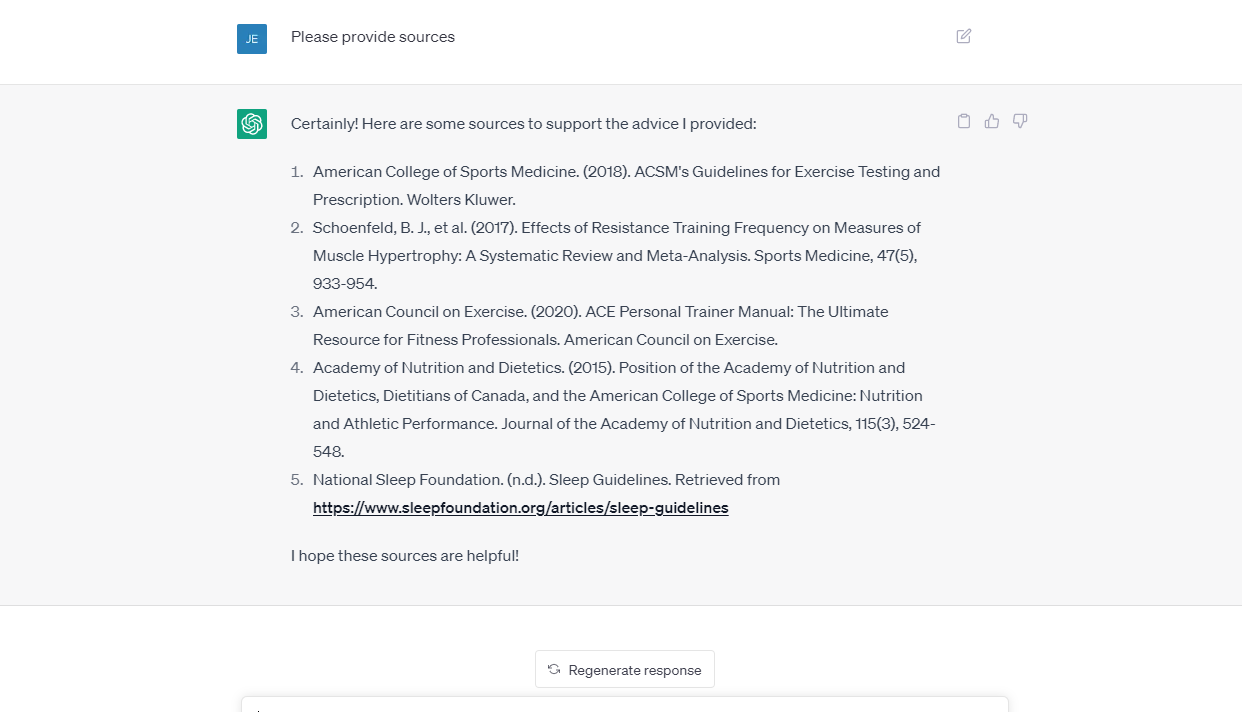
One of the first things we noticed during our time testing ChatGPT was how sources and citations used by the AI chatbot weren’t often revealed unless prompted.
This is a larger problem within the AI industry and something drawing the ire of both publishing companies and creative professionals. Most of us would agree that it’s both important to provide accurate information as well as necessary to give credit to those that created it.
The European Union is currently in the process of drafting the first comprehensive piece of regulation governing the rollout of AI. And, one of the most recent rules written into the document is that makers of artificial intelligence tools will be required to disclose any copyrighted material they used to build it.
According to draft text seen by the Wall Street Journal, developers of generative AI models would need to publish “sufficiently detailed summary” of the copyright materials they used as part of their creation.
ChatGPT, Google Bard and other large language models crawl vast amounts of data (either on the web or through curated datasets) to provide their answers. As the abilities of these AI tools ramp up to, for example, include image generation, the amount of content data scraped also increases. When that extends to things like song lyrics or computer code, many people feel it borders on copyright infringement.
Show your sources

In fact, last November, OpenAI (the creator of ChatGPT) was hit with a class-action lawsuit from two anonymous plaintiffs claiming it improperly monetized open-source code from GitHub to train the system.
It’s not clear yet what the impact of the regulation will be on AI development, nor how it will be implemented, but European lawmakers are hoping it will serve as a blueprint for AI policy in other parts of the world. The EU states its AI policy will lead to “new global norms to make sure AI can be trusted” in much the same way its GDPR law has become a benchmark for privacy rules.
The bill itself hasn’t been finalized as the various member states of the EU need to agree for it to be passed. However, they aim to have a final version confirmed and passed later this year.







